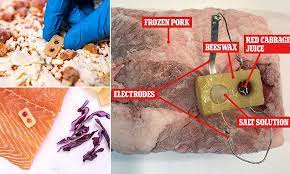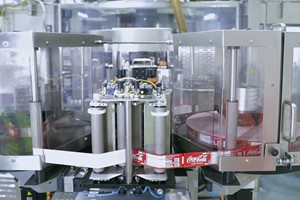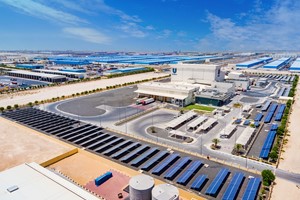Cranfield University's Dr. Natalia Falagan, in collaboration with DP World and an international research team, is proposing a significant measure to reduce carbon emissions in the frozen food industry. The report, titled "Three Degrees of Change," suggests that adjusting the standard temperature of frozen foods could have notable environmental benefits without compromising food safety.
The research, conducted in partnership with the International Institute of Refrigeration in Paris, the University of Birmingham, London South Bank University, and Wageningen University in the Netherlands, recommends raising the temperature of frozen foods by 3 degrees, shifting from the long-standing standard of -18°C to -15°C.
According to the findings, this temperature adjustment could lead to an annual reduction in carbon emissions equivalent to removing 3.8 million cars from the road. The research outcomes will be presented at Cop28 later this month, aligning with Food, Agriculture, and Water day on December 10.
The report underscores potential energy savings of approximately 25 terawatt-hours per year, representing 8.63% of the U.K.'s annual energy consumption. This adjustment is highlighted for its transformative impact on both environmental and economic fronts.
Experts assert that the proposed change would not compromise food safety or quality, offering an opportunity to revolutionize frozen food transportation and storage practices. DP World has initiated the "Join the Move to -15°C" coalition, aiming to reconsider frozen food temperature standards globally.
Dr. Natalia Falagan, senior lecturer in food science and technology at Cranfield University, emphasized the importance of innovative solutions that integrate environmental sustainability with food security. She noted that this initiative enhances the resilience of food systems, contributing to global food security and advancing sustainability in the process.
phys.org - Cranfield Univeristy














